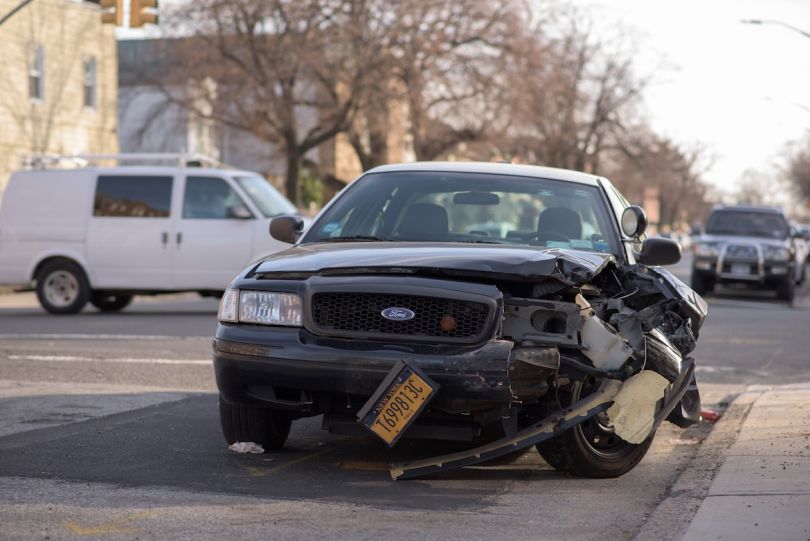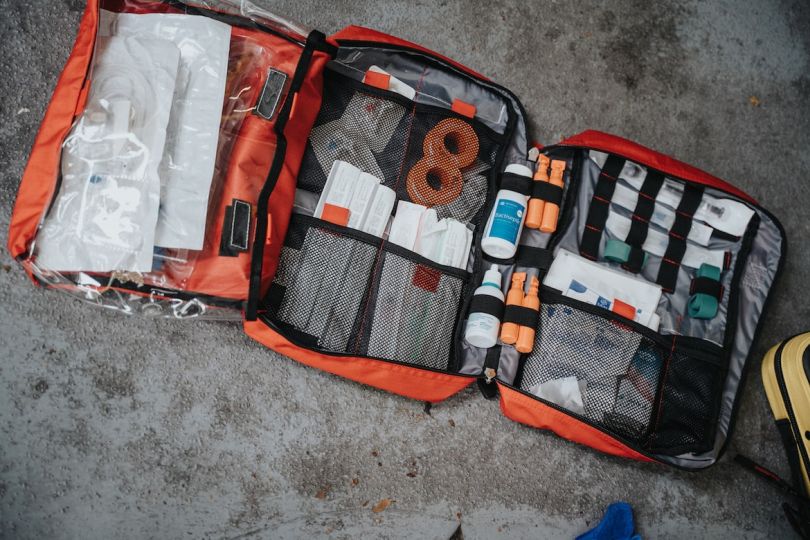Safety First: Why Knowing How to Handle Accidents is Crucial for Travelers

As much as people love to explore different places, traveling entails certain risks. They can lead to accidents ranging from minor injuries to major mishaps. It’s therefore crucial for people to know how to handle emergencies and take necessary precautions. In this article, we’ll discuss why safety should always be a top priority when traveling, and explain why you need to know how to handle accidents if they occur.
There May Be Legal Implications
Depending on the country or region you’re traveling to, different laws and regulations may apply in case of an accident. Some countries have specific rules regarding liability and insurance coverage for accidents that occur on public transportation or rental vehicles. Also, cultural differences or language barriers may impact how local authorities handle accident reports and investigations. It’s therefore essential to research the laws and customs of your destination before you go, so you know what to expect if an accident occurs.
If the incident was caused by someone else’s negligence or wrongdoing, you may have grounds for a personal injury lawsuit or other legal action. An attorney who specializes in travel-related accidents and injuries can explain your rights and options. The websites of personal injury attorneys often list the scenarios they specialize in, and the money they’ve claimed for previous clients. You may be able to access multilingual staff by using live chats or online requests, and you could benefit from a ‘no win no fee’ policy.
There May Be Insurance Implications
Before you go, review your travel insurance policy and understand what’s covered. Most cover emergency medical treatment, hospital stays, and medical evacuations if necessary. There may be limitations on the coverage provided, depending on what you were doing when the accident occurred. If you were participating in extreme sports, your policy may not cover those expenses.
Some travel insurance policies have exclusions related to pre-existing conditions or injuries. In some cases, you’d be wise to purchase additional coverage that’s designed for this.
There May Be Health Implications
It’s important to be aware of the risks associated with prescription medication, especially if you’re traveling to a country with different regulations or customs regarding pharmaceuticals. Always research your destination and any medications you may need, so that you can take appropriate precautions.
If you have a pre-existing condition or are at risk of certain illnesses, it may be wise to get tested beforehand so that you can take the necessary measures while traveling. This could include packing specific medication or avoiding certain activities or foods. Medical insurance is key in terms of being able to financially cover things like hospitalization, surgery, tests, and more.
The Importance Of Knowing First Aid Basics
Having knowledge of basic first aid can help you deal with injuries or illnesses until professional help arrives. In some cases, providing prompt treatment can be the difference between life and death.
Knowing first aid basics can prevent further harm to the injured person. It allows travelers to take immediate action in case of things like burns, cuts, fractures, choking, and cardiac arrest. It also helps people recognize when someone needs professional medical attention.

The Importance Of Keeping A First Aid Kit With You
If you do this, you can quickly treat minor injuries and prevent them from becoming more serious. This is especially important if you’re visiting remote areas where medical help may not be readily available.
Your first aid kit should include essentials such as bandages, antiseptic wipes, pain relievers, and tweezers. It’s also a good idea to include any prescription medications that you take on a regular basis. Take the time before your trip to familiarize yourself with each item in your kit, and practice using them so that you’re fully prepared for an emergency.
The Importance Of Knowing Local Emergency Numbers
Knowing the correct number to call can help you save precious time in seeking assistance. In some countries, the emergency hotline may not be 911. It’s, therefore, crucial to do your research before arriving at your destination. Make a note of the relevant numbers and keep them somewhere accessible (e.g. on your smartphone).
Sharing this information with travel companions is just as important as knowing it yourself. Should someone fall ill or get hurt while on vacation or a business trip, they’ll know how to contact the relevant authorities promptly.
Prevention is better than cure, so you should seek tips for staying safe while traveling. Now that you’re armed with this information, you’ll be all set for your journey. You can enjoy your travels, knowing that everything is in place to support you.
